Fieldwork
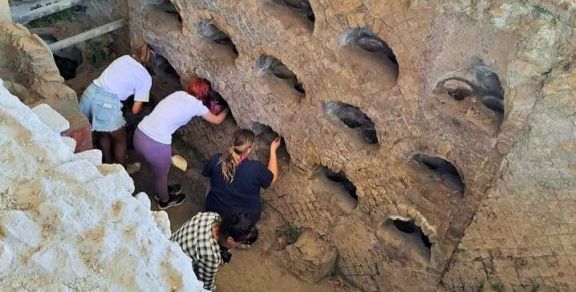
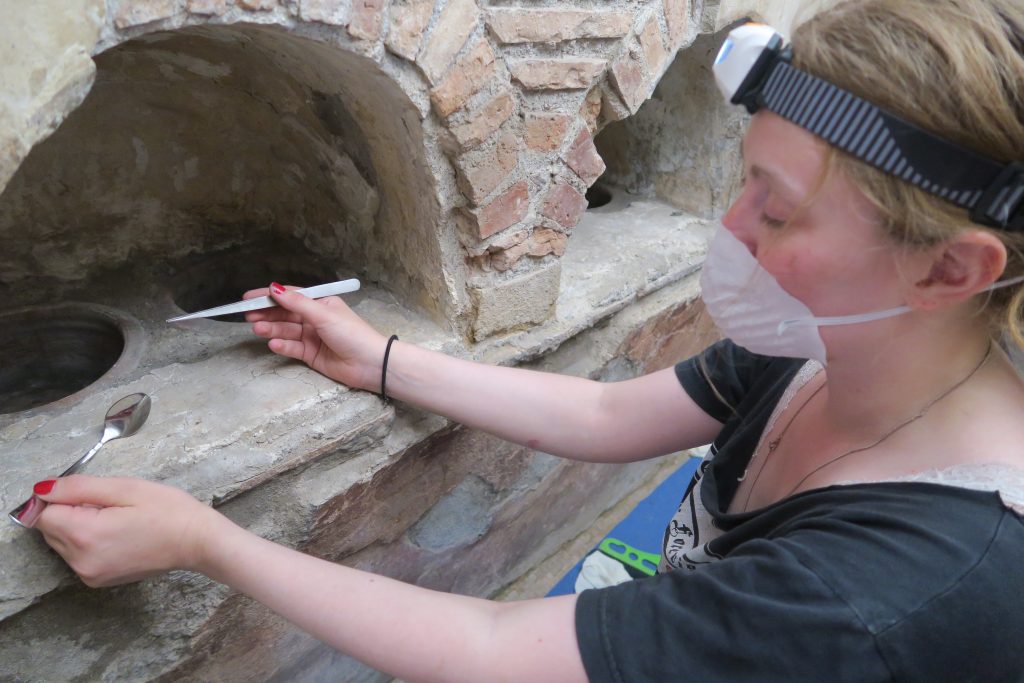
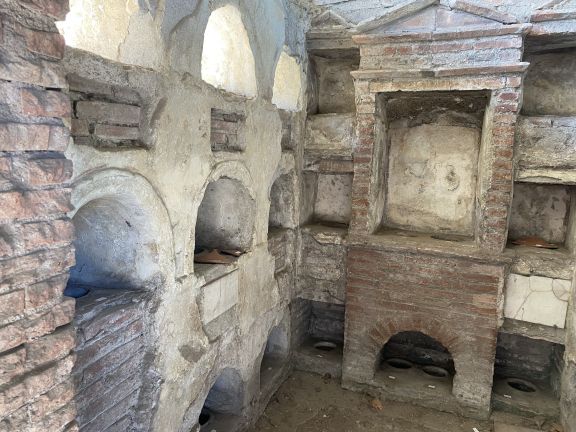
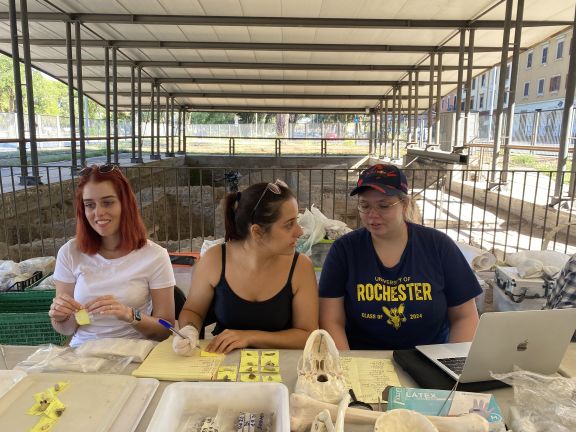
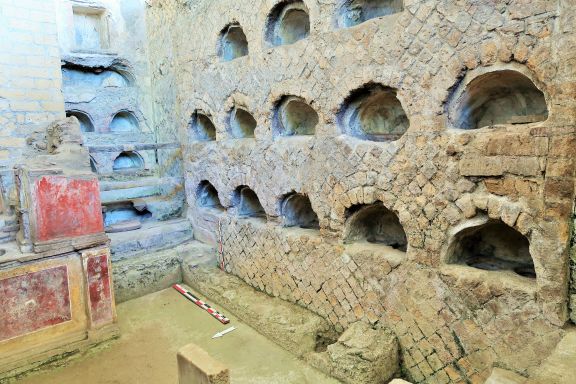
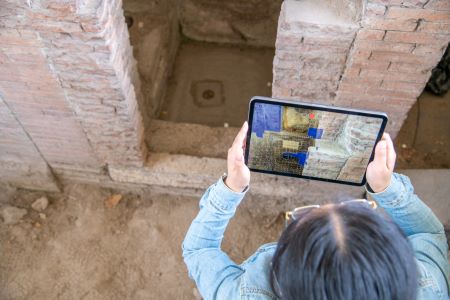
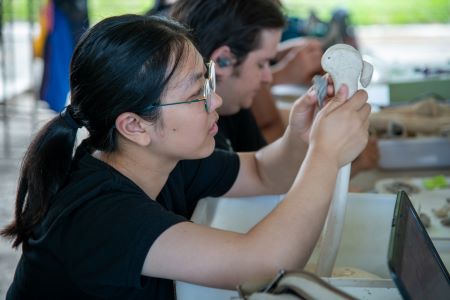
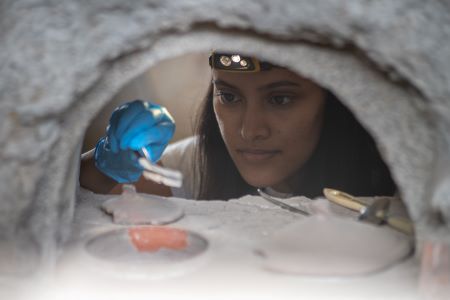
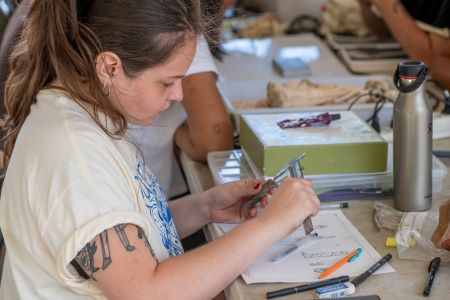
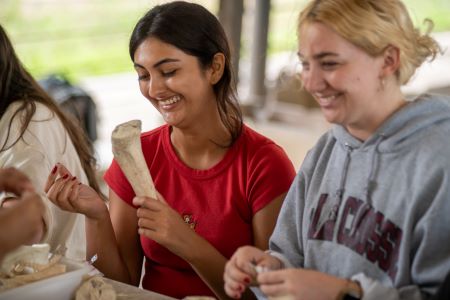
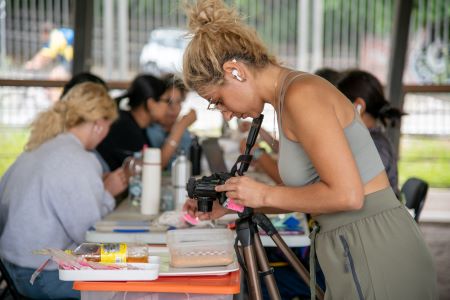
Location: Via Adda, 6, 00198 Roma RM, Italy
Season: August 4, 2024 to August 31, 2024
Session Dates: Single session
Application Deadline: July 27, 2024
Deadline Type: Rolling
Website: https://www.fieldsciences.org/home
Program Type:
Field School
RPA Certified:
No
Affiliation:
Universidad Europea Valencia (Spain) and Center for Field Sciences (US)
Project Director:
Dr. Llorenç Alapont Martin, Professor of Physical and Forensic Anthropology, Universidad Europea Valencia
Project Description:
The Necropolis of Via Ostiense is situated at the heart of Rome. The necropolis was initially excavated in 1919, when 18 complete vaults (columbaria) with over 912 well preserved urns, were found. The urns contained cremated remains of Roman Era individuals, and the excavators decided to leave the urns untouched and in situ. The result is a slow but progressive deterioration of the human remains and artifacts within them. Beginning in 2017, our team began an extensive and detailed study of these unique archaeological remains, micro-excavating each urn to better understand Roman burial practices, technology and cultural preferences. Preservation of human remains in the urns is still excellent. Although the remains were cremated, many bones preserved to significant length and original form, allowing for the study of ancient diseases, pathologies and other bioarcheological markers.
The 2024 will be our eighth season at the site and thus far, we were able to complete the study of 70 individual urns.
Period(s) of Occupation: Roman Era
Notes:
Tuition: $3,965. Tuition covers full cost of instruction, room & board, transportation while in the program and 8 semester credit units (equivalent to 12 quarter credit units). Credit units are awarded through our School of Record – Culver Stockton College.
Project Size: 1-24 participants
Minimum Length of Stay for Volunteers: Full program length
Minimum Age: 18 years old
Experience Required: None. This is hands-on, experiential learning and students will study on-site how to conduct archaeological research. Field work involves physical work and exposure to the elements and thus requires a measure of understanding that this will not be the typical university learning environment. You will have to work outdoors and will get sweaty and tired. Students are required to come equipped with sufficient excitement and adequate understanding that field work requires real, hard work, in the sun and wind. The work requires patience, discipline, and attention to detail.
Room and Board Arrangements:
All staff and student will be staying at Aquarius Rome Apartments. The apartments are comfortable and welcoming with free WiFi in all areas. All units have air conditioning, well-equipped kitchen and washing machine. Apartments are single sex and shared between 3-4 people.
The project will provide breakfast, snack, lunch and dinner throughout the week, with the exception of the snack and lunch on the trip day (normally Saturday) and free day (normally Sunday). Please let us know of any dietary restrictions (vegetarian/vegan) so that we may inform the restaurant in advance.
Lunch: We will have lunch in a terrace bar 100 meters from the site. Dinner: Italian home cooking will be brought to our accommodation for dinner. You can choose a first and second course from the various options offered by the menu (which changes every day). Dinner will be served at 8:30 pm.
Academic Credit:
8 semester credit units (equivalent to 12 quarter credit units). Credit units are awarded through our School of Record – Culver Stockton College.
CFS Admission
11207 National Blvd #137
Los Angeles
CA
90064
U.S.
Phone: (562) 584-0761
The AIA is North America's largest and oldest nonprofit organization dedicated to archaeology. The Institute advances awareness, education, fieldwork, preservation, publication, and research of archaeological sites and cultural heritage throughout the world. Your contribution makes a difference.